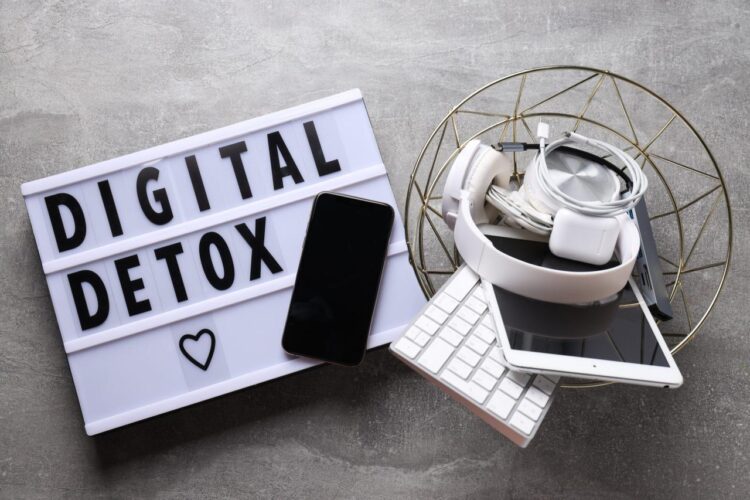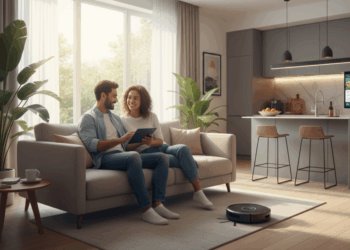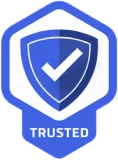With screens ruling our waking hours, disconnecting from technology is no longer a trend—it’s a privilege. Digital detox, previously considered elective, is presently a requirement for mental sanity, emotional health, and general well-being.
The Birth of Digital Overload
First, modern life is characterized by constant notifications, emails, and scrolling. As technology spurs productivity and global connectivity, it also has unintended consequences—such as fear, insomnia, and burnout. Thus, more individuals are finding refuge from the noise of digital overload.
Apart from that, studies have proved that excessive screen dependency not only weakens mental well-being but also erases concentration power, kills imagination, and drains the levels of human bonding.
Why Digital Detox is the New Luxury
Unlike possessions, unplugged time has now become symbols of status for professionals, businesspeople, and influencers. Taking time unplugged has become a badge of being in command, self-command, and living on purpose.
Also, upscale resorts, spas, and retreat centers now offer tech-free vacations—quiet forest walks, technology-free meditation, etc. Something not for sale is being present.
Even more important, digital detox does not have to take place on another continent or an upscale retreat center. Even routine tasks such as turning off notifications, disallowing screen time before bed, or taking a weekend off social media can be life-changing.

The Advantages of Disconnecting
Let us explore some of the greatest advantages of a considered digital detox:
-
Improved Focus and Productivity
Without digital distractions, individuals are able to go deeper, make better choices, and accomplish more.
-
Healthier Sleep Quality
Reducing screen time, especially in the evening, reinstalls natural sleep rhythms and improves sleep quality.
-
Better Emotional Well-being
By removing comparison and online static, individuals feel more grounded, centered, and here in life.
-
More Intimate Relationships
Leaving the devices behind enables more authentic human interaction, face-to-face conversation, and meaningful talks.
How to Begin Your Personal Digital Detox
It does not need to be extreme to initiate a digital detox. These options are feasible to start the transition:
- Set Tech-Free Times: Choose daytime hours to go offline—breakfast hour, morning wake-up call, or evening before bed.
- Use Analog Devices: Try using a paper calendar, alarm clock, or reading a book to cut down on digital use.
- Establish No-Phone Zones: Designate bedrooms, dining rooms, or workspaces as phone-free zones.
- Switch Off Non-Essential Notifications: Switch off all but the most important notifications to steer clear of constant distraction.
Final Thoughts: Reclaiming Peace in a Digital World
Bottom line, digital detox is not a health fad anymore—it’s a life upgrade. And as our own lives are becoming more and more hyperconnected, the ability to disconnect is a statement of empowerment. It’s a chance to reclaim our time, re-pressurize our inner selves, and redefine what balance is for good.
So whether you’re planning a weekend retreat or an office outing, make room for quiet. Because in this era of constant pings and pixels, unplug is the new luxury—one your mind, body, and soul will thank you for.







